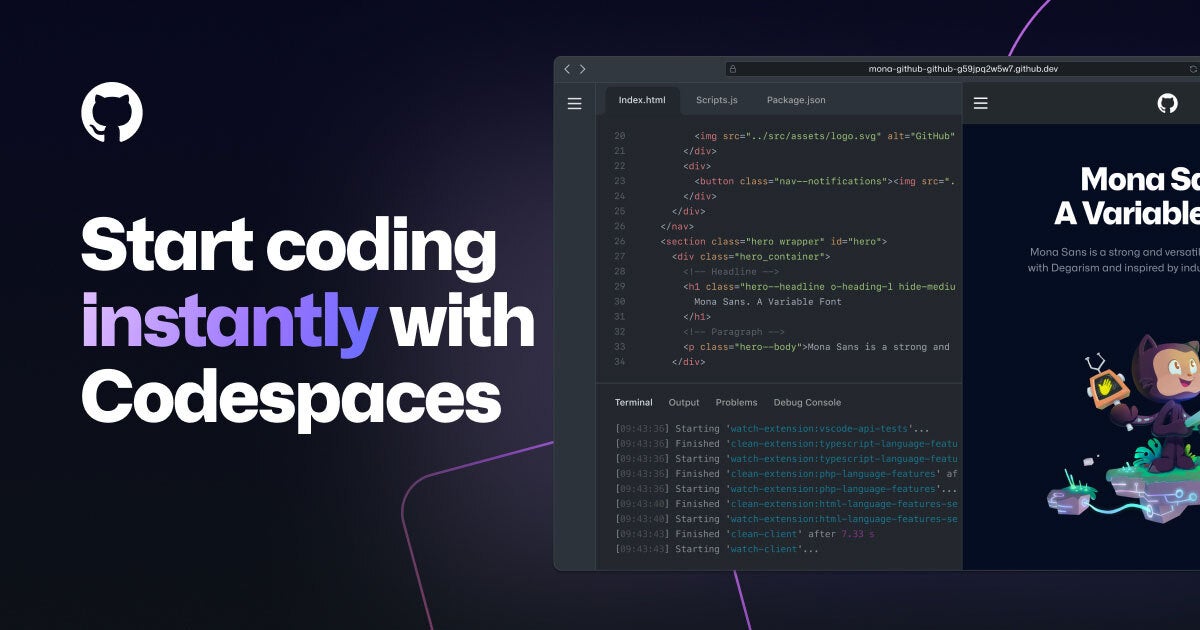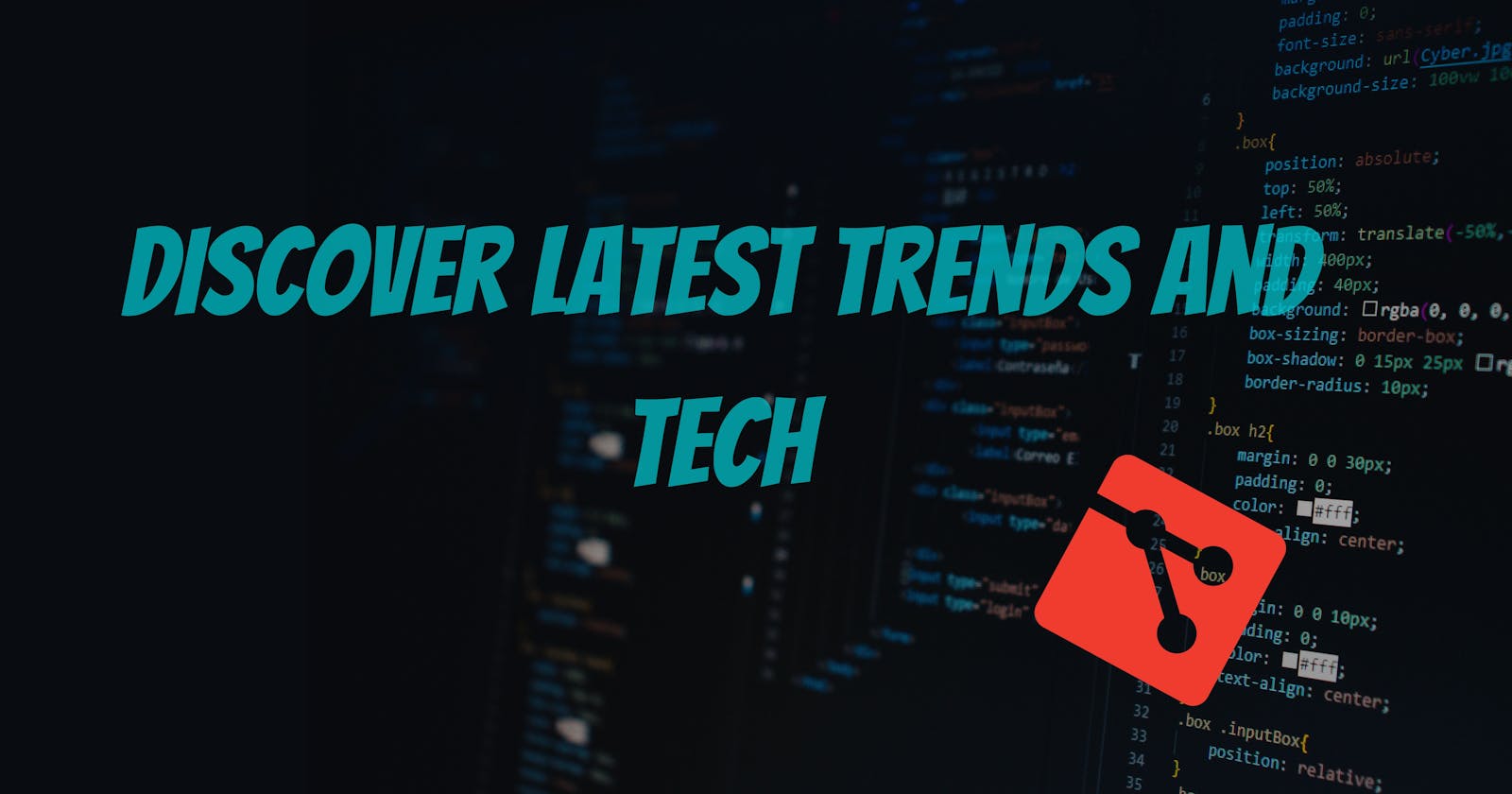"Exploring the Evolving Landscape of Git and GitHub: Discover the Latest Trends and Cutting-Edge Technologies
"Stay Ahead of the Game with Insights into the Future of Git and GitHub Development"
Git and GitHub are two of the most widely used version control systems and code hosting platforms in the software development industry. With their popularity and widespread usage, it is essential to keep up with the latest trends and technologies emerging in the Git and GitHub ecosystem.
Trends:
Increased Adoption of GitLab: GitLab is a web-based Git repository manager that provides source code management (SCM), continuous integration, and more. With its growing popularity, GitLab has emerged as a strong competitor to GitHub, offering many similar features and a more flexible pricing model.
Cloud-based Git: Cloud-based Git solutions, such as AWS CodeCommit, Microsoft Azure DevOps, and Google Cloud Source Repositories, offer the benefits of Git with the added advantages of cloud-based storage and scalability.
Automation and AI: Automation and AI technologies are being integrated into Git and GitHub to streamline workflows and make development more efficient. For example, GitHub Actions, which allows developers to automate their workflow and integrate with a wide range of tools, has been gaining widespread popularity.
Increased Focus on Security: With the increasing number of cyberattacks and data breaches, security has become a top priority for Git and GitHub. New security features and tools are being developed to help organizations keep their code and data secure.
Technologies:
Git LFS (Large File Storage): Git LFS is a Git extension that helps manage large files, such as videos, images, and audio files, in a Git repository. It offers improved performance and reduces the risk of data loss.
GitHub Actions: GitHub Actions is a tool that allows developers to automate their workflow and integrate with a wide range of tools, including CI/CD systems, package managers, and more.
GitLab CI/CD: GitLab CI/CD is a continuous integration and delivery tool that helps automate the build, test, and deployment process for GitLab projects.
GitHub Codespaces: GitHub Codespaces is a cloud-based development environment that enables developers to write, test, and debug code directly from their browsers.

GitHub Discussions: GitHub Discussions is a new feature that allows developers to have discussions and collaborate on code without leaving GitHub.
Git and GitHub continue to play a vital role in the software development industry and the future looks bright with new trends and technologies emerging. From increased adoption of GitLab to the integration of automation and AI, and increased focus on security, Git and GitHub are evolving to meet the changing needs of developers and organizations.
For more about Github stay tuned with Rohit Bhatade

